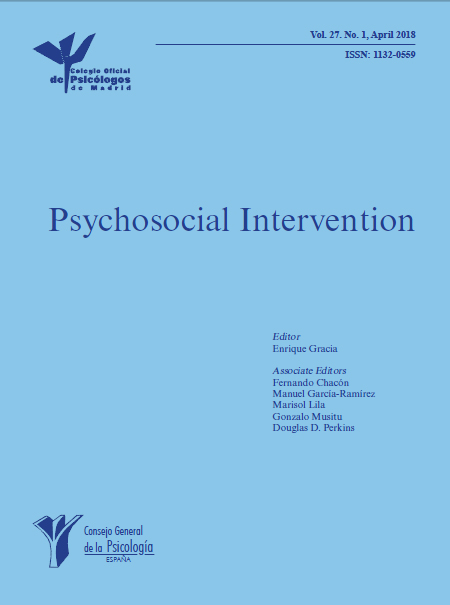
The effects of impulsiveness and alcohol abuse on traffic code violations
[The effects of impulsiveness and alcohol abuse on traffic code violations]
Beatriz González-Iglesias; José Antonio Gómez-Fraguela; Estrella Romero; and Jorge Sobral
Abstract
This paper examines the contribution of the facets assessed by the I7Impulsiveness Questionnaire (viz., impulsiveness, venturesomeness and empathy), and of alcohol abuse, to the prediction of traffic rule violations controlling for the effect of variables such as age and annual mileage. To this end, a study was conducted on a sample of 535 drivers aged 20–73 years and the results were examined separately by gender. Based on them, impulsiveness and venturesomeness account for a substantial proportion of traffic violations reported by males and females, even if the effects of other variables such as age or annual mileage are considered. By contrast, empathy is relevant only for male drivers. The results also reveal a strong relationship between alcohol abuse and Highway Code violations, which significantly increases the predictive ability of personality variables in both males and females. These results support the need to consider the drivers’ personality in the design of interventions for driving offenders, whereas programs which are focused only on road safety education may be insufficient. Results also evidence the need to highlight the role in the intervention of alcohol abuse and its relationship with driving behaviours.
Resumen
Copyright © 2026. Colegio Oficial de la Psicología de Madrid















